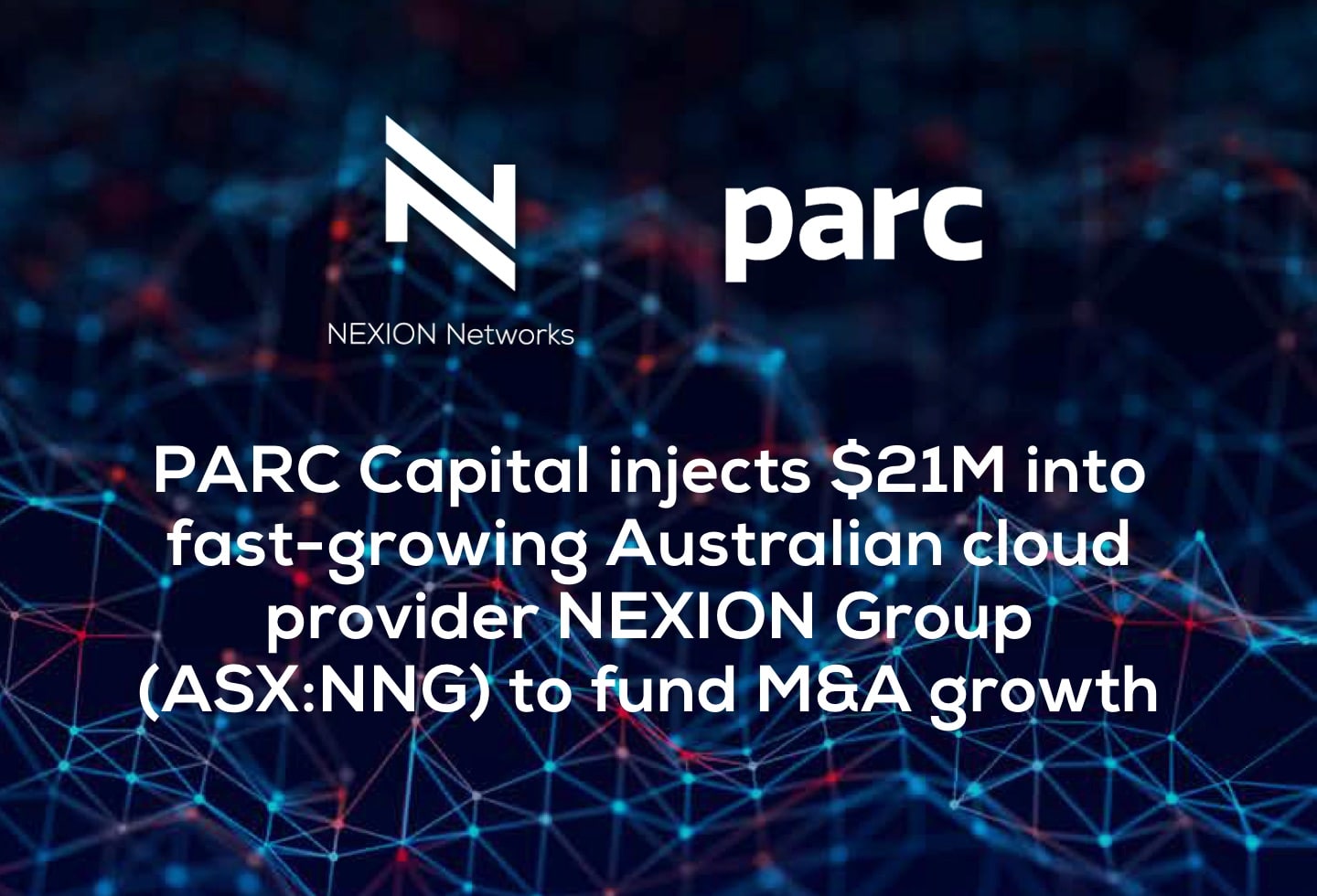Nexion’s mid-quarter update shows the company is delivering from its existing customer base, as well as new revenue streams generated from its NEXSAT business.
Global cloud service provider Nexion Group (ASX:NNG) has just announced a strong mid-quarter trading update.
The company reported that its push into low earth orbit (LEO) satellite services using platforms that include Elon Musk’s Starlink system is rapidly reaping rewards.
A total of 150 NEXSAT systems have now been contracted, up from 130 to the end of Q3.
This has resulted in an increase of monthly recurring revenue in this sector alone of $35,000, in addition to an initial total contracted value of $500,000 over 12 months.
In other segments, key customers like Hames Sharley and Santos Limited have also increased their spend with Nexion across the different services. Hames Sharley selecting Nexion to add to existing contracts, with a new manages service agreement in the six Hames Sharley offices as well as providing infrastructure as a service utilising NEXION OneCloud infrastructure. Inter-site connectivity is provided through the implementation of a Software Defined Wide Area Network (SD-WAN) managed by Fortinet infrastructure.
These add on contract provides a Single pane of glass management of firewalls, switches, access points via Fortinet SD-WAN allowing for fully integrated management of the entire network – a testament to Nexion’s capability within the enterprise information technology delivery space.
Several other new customers have also signed on from key industry sectors including resources, fire and safety, as well as consulting.
Business remains strong despite market turmoil
Despite the current market volatility that continues to cause havoc in the share prices of global tech stocks, Nexion says its core business remains very solid.
This is reflected in the strong revenue growth from its core customer base, as well as new revenue generated from the satellite communications sector.
“It’s disappointing to see Nexion’s share price caught up in the global technology market sector turmoil,” said Nexion CEO Paul Glass.
“Our share price doesn’t reflect the level of activity and progress being made on organic growth and growth by acquisition,” he added.
The company’s foray into the satellite has resulted in a rapid uptake of its NEXTSAT satellite service, as well as a subsequent uptick in managed services as it integrates Starlink into the customers’ networks.
The NEXSAT product combines LEO and GEO satellite services with 4G, security and hybrid cloud integration to deliver a step-change in price and performance for remote communications.
Expansion plans
During the quarter, Nexion has also secured several individual up-front project work contracts across all its key solutions, to a total value of circa $645,000.
While individual contracts are not material on their own, their combined effect demonstrates continued growth in the company’s strategy.
Nexion believes that it can re-ignite its global expansion ambitions now that the COVID travel restrictions are behind us.
The Pacific region will be first on the list, as the company focuses on the Nexion Pacific entity that encompasses New Zealand, the Pacific Islands and east coast of Australia.
To support this expansion, Nexion Pacific has just appointed a senior systems architect with extensive business development experience starting July 2022 to lead new enterprise-scale business opportunities from Auckland.
With that expertise in place, the company is now actively seeking New Zealand-based acquisition opportunities to bolster its in-country technical delivery capability.
The group is also currently pursuing opportunities in Canada, and expects to begin its expansion campaign in that region in Q1 FY23 once Nexion Pacific is established.
“Nexion is growing rapidly in a market that is somewhat insulated from significant volatility from higher interest rates and inflation and so we continue to press-on with our plans to build a global hybrid cloud network,” said Glass.



